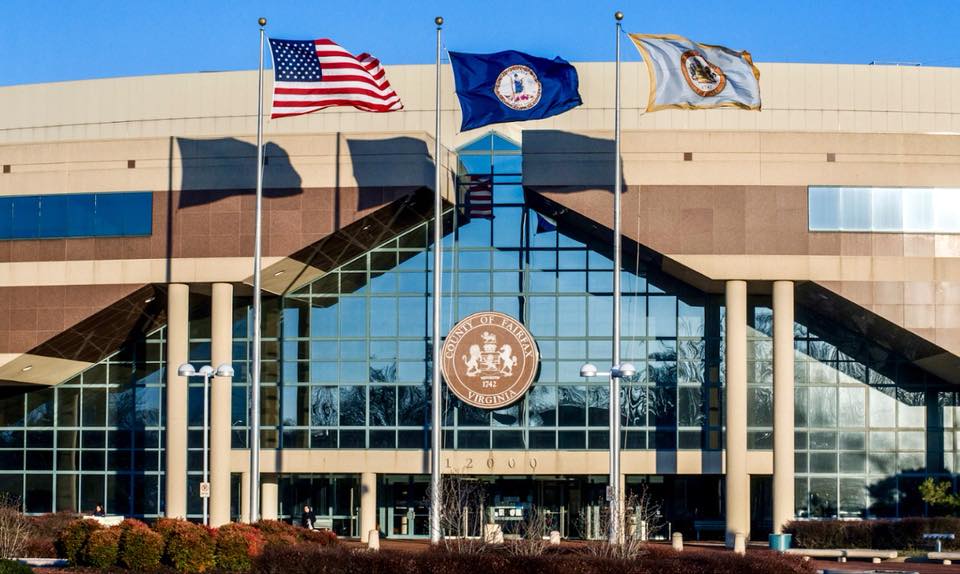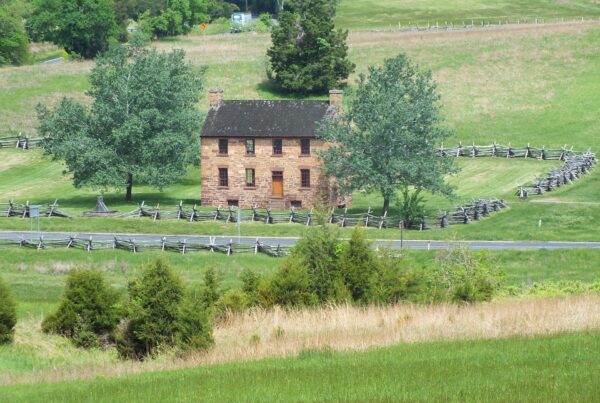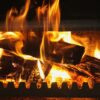Securing Your Chimney: Essential Waterproofing Tips for Fairfax County VA Homeowners
As a homeowner in Fairfax County, VA, you understand the importance of home maintenance, especially when it comes to your fireplace and chimney. A well-maintained chimney not only enhances the aesthetic appeal of your home, but it also ensures your home’s safety by preventing potential hazards such as chimney fires or carbon monoxide poisoning. One aspect of chimney maintenance that is often overlooked is waterproofing. Waterproofing your chimney is critical in enhancing its longevity and maintaining its functionality. This article explores essential waterproofing tips to help you secure your chimney.
Waterproofing your chimney is a preventive measure that safeguards it against water damage. Water is the most destructive element to your chimney. It can cause damages such as mortar joint deterioration, rusting of metal parts, decay of wooden parts, and staining of the chimney’s exterior. If left unchecked, these damages can lead to costly repairs or even replacement of the whole chimney.
One company that understands the importance of chimney maintenance, including waterproofing, is A&T Chimney Sweeps fireplace, furnace, dryer vent, gutter cleaning and repair services in Fairfax County VA. With their team of fully trained and experienced technicians, they promise homeowners top-notch chimney maintenance services that ensure the safety and longevity of their chimneys.
With that said, here are essential waterproofing tips to secure your chimney:
1. Chimney Cap Installation: A chimney cap works like an umbrella for your chimney, protecting it from rain, snow, and even animals. Without a cap, water can easily penetrate your chimney, causing damage to the flue lining, damper, and firebox.
2. Waterproofing Sealants: These are specifically designed to prevent water penetration. They provide a protective layer that repels water, ensuring your chimney remains dry and free from water-induced damages.
3. Repair Cracks and Mortar Joints: Before waterproofing your chimney, ensure all cracks and damaged mortar joints are repaired. These are potential entry points for water. Repairing them not only blocks the entry points but also strengthens your chimney.
4. Regular Chimney Sweeping: Regular chimney sweeping by a professional is crucial. It helps to identify any potential problems early before they escalate into major issues. It also helps to remove any debris that could trap moisture in your chimney.
5. Regular Inspections: Regular inspections, especially after extreme weather conditions, can help identify any water damage early. It’s recommended to have your chimney inspected by a professional at least once a year.
6. Install a Chimney Liner: A chimney liner provides an extra layer of protection against water damage. It also improves your chimney’s efficiency by providing a smooth path for the escape of smoke and gases.
7. Install a Chimney Cricket: If your chimney is located on the down-slope side of your home, installing a chimney cricket can help divert water away from the chimney, reducing water exposure.
In conclusion, chimney waterproofing is an integral part of chimney maintenance. It not only enhances the functionality and longevity of your chimney but also saves you from costly repairs or replacements.
FAQs
Q1: How often should I waterproof my chimney?
A: It’s recommended to waterproof your chimney every five years. However, this may vary depending on the type of sealant used and the prevailing weather conditions.
Q2: Can I waterproof my chimney myself?
A: While it’s possible to waterproof your chimney yourself, it’s recommended to have it done by a professional. This is because a professional has the right tools and experience to do a thorough job.
Q3: How do I know if my chimney needs waterproofing?
A: Common signs that your chimney needs waterproofing include a damp smell in your home, white staining on the exterior of your chimney, and cracking or crumbling of the brickwork.
Q4: What should I consider when choosing a chimney waterproofing sealant?
A: When choosing a chimney waterproofing sealant, consider its breathability, resistance to UV rays, and its ability to resist alkalis and acids.
Q5: How much does it cost to waterproof a chimney?
A: The cost of waterproofing a chimney varies depending on the size of the chimney, the type of sealant used, and the extent of the work needed. It’s recommended to have your chimney assessed by a professional to get an accurate quote.








